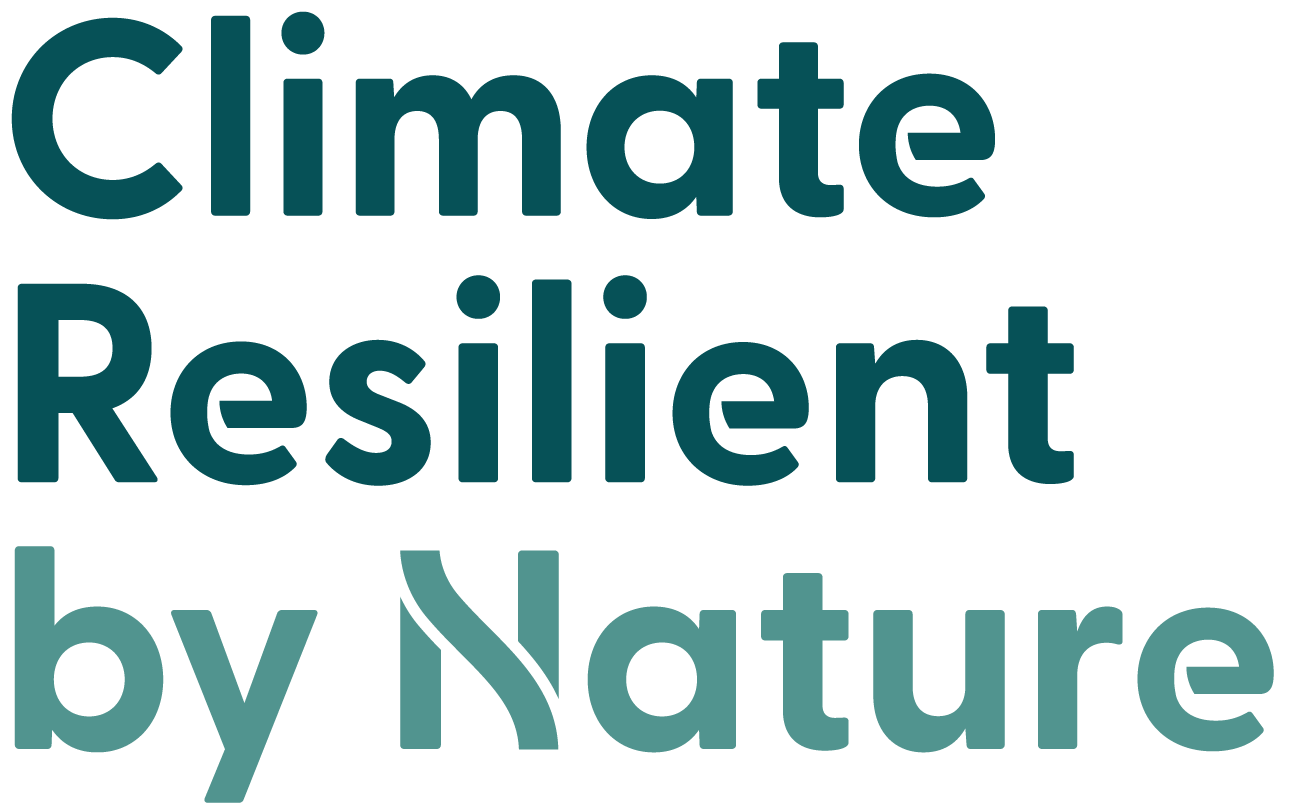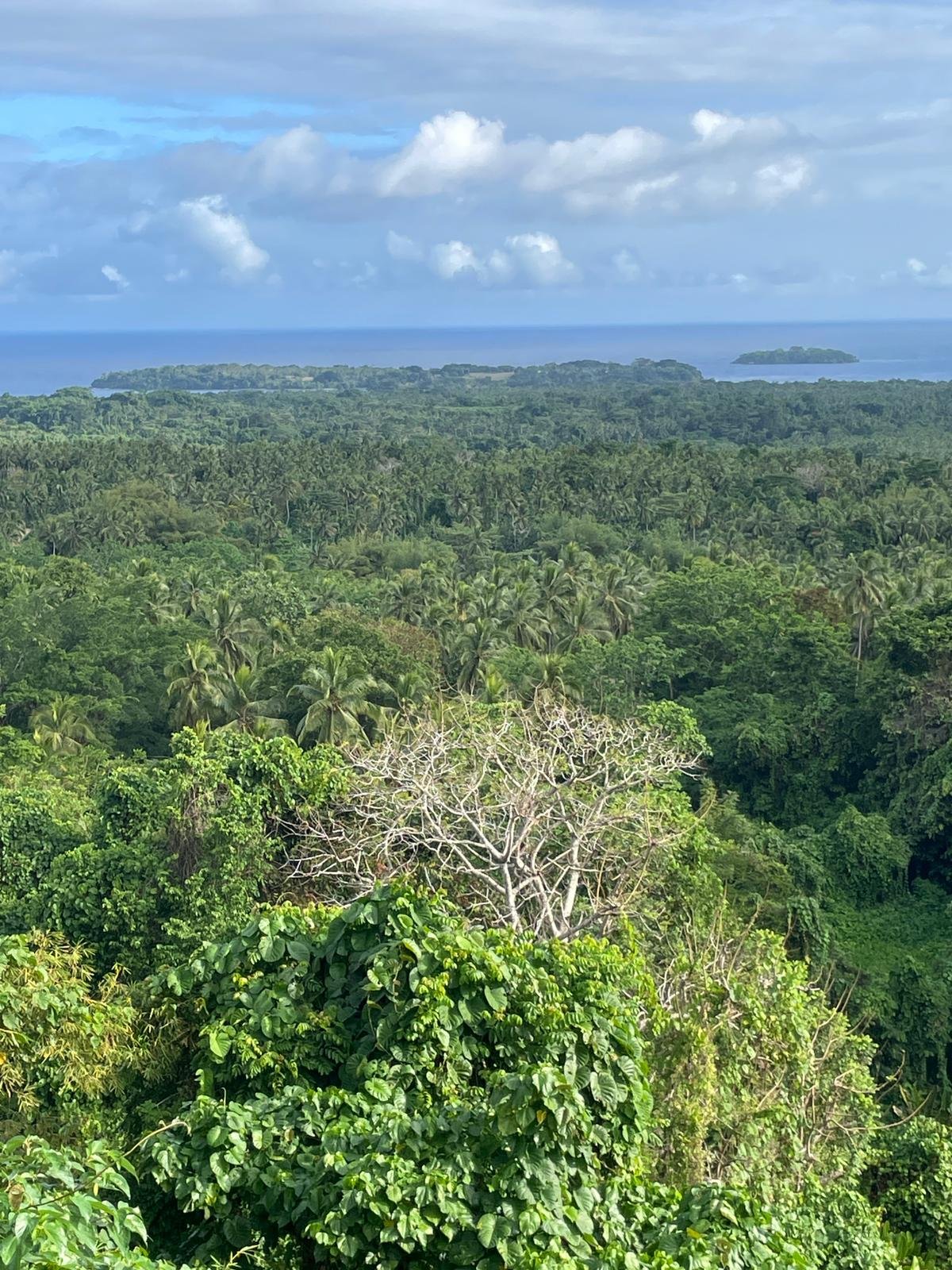Voluntary carbon markets webinar series
Vanuatu forests © Charlotte Sterrett / WWF-Australia
Climate Resilient by Nature Indo-Pacific Knowledge Hub is building a community of practice and facilitating knowledge exchange between CRxN partners and the broader NbS sector to help make nature-based solutions work for people and nature and contribute to the regional evidence base.
This includes investigating the future of carbon markets and how they can be best developed to deliver benefits for Pacific communities. In partnership with Sustineo, we have developed a research and learning program focused on this topic.
As part of this, we have hosted a series of webinars on carbon markets in the Pacific that are now available for viewing:
The potential of voluntary carbon markets as an approach to forest conservation
Are voluntary carbon markets a viable tool for forest conservation in the Melanesian Pacific?
Why carbon markets?
The Pacific is home to globally significant biodiversity and ecosystems. But unsustainable development and inequity is putting these ecosystems under threat. Logging, for instance dominates Solomon Islands’ economy with landholders supporting commercial operations due to perceived opportunities for economic development.
However, there are negative social impacts linked to the presence of logging operations in communities, such as conflict, crime and sexual exploitation. Further the unsustainable rates of logging mean natural forests could be lost in a matter of decades, with flow on effects on social, economic and ecological levels.
The urgency to protect forests from excessive logging combined with the need to explore alternative, sustainable economic pathways calls for novel approaches to forest conservation.
The development of carbon markets driven by nature-based solutions (NbS) could offer pathways to sustainable finance while conserving forests and delivering benefits to communities.
While it is critical we remain cognisant of the debates and challenges surrounding VCM projects, successful examples from the region demonstrate the key ingredients that go into developing a sustainable and equitable project. Most critically, carbon markets projects must be high integrity and at their core deliver real benefits for communities.
Project developers, NGOs and governments all have a role to play in better understanding how projects can best ensure this. The below webinar series covers some of the critical issues surrounding carbon markets in the Pacific.
Watch the webinar series below.
Exploring voluntary carbon markets in the Pacific
The event brings together development sector partners, carbon project implementors, investors and experts in voluntary carbon market ecosystems. Speakers include Keith Bohannon, CEO of Plan Vivo; David Tow, Managing Director Asia Pacific of Tasman Envrionmental Markets and Mei Zi Tan, Manager International Research and Projects from the Carbon Market Institute.
The potential of voluntary carbon markets as an approach to forest conservation
This discussion explores the ‘ingredients’ for successful forest conservation projects and how these could influence carbon market developments in Melanesia. This workshop was facilitated by Alex McClean, Chief Operations Officer from the Nakau Programme, with a research presentation from Kate Lanyon and Matt Allen from Sustineo and a discussion featuring panelists working at the forefront of carbon markets in the region including Gwen Sissiou, Climate Change and Development Authority, Papua New Guinea and Peter Dam, FORCERT, Papua New Guinea.
Are voluntary carbon markets a viable tool for forest conservation in the Melanesian Pacific?
This panel unpacks the role that carbon markets can play in mobilising climate finance, starting with the proposition that carbon projects can offer significant benefits to nature, climate, and communities when done right. Featuring speakers from WWF-Australia and Sustineo as well as Edard Pollard, a leader in a community based conservation organisation in Malaita, Solomon Islands.
Learn more




